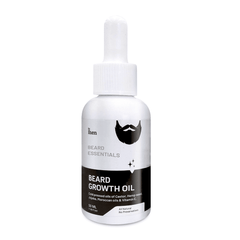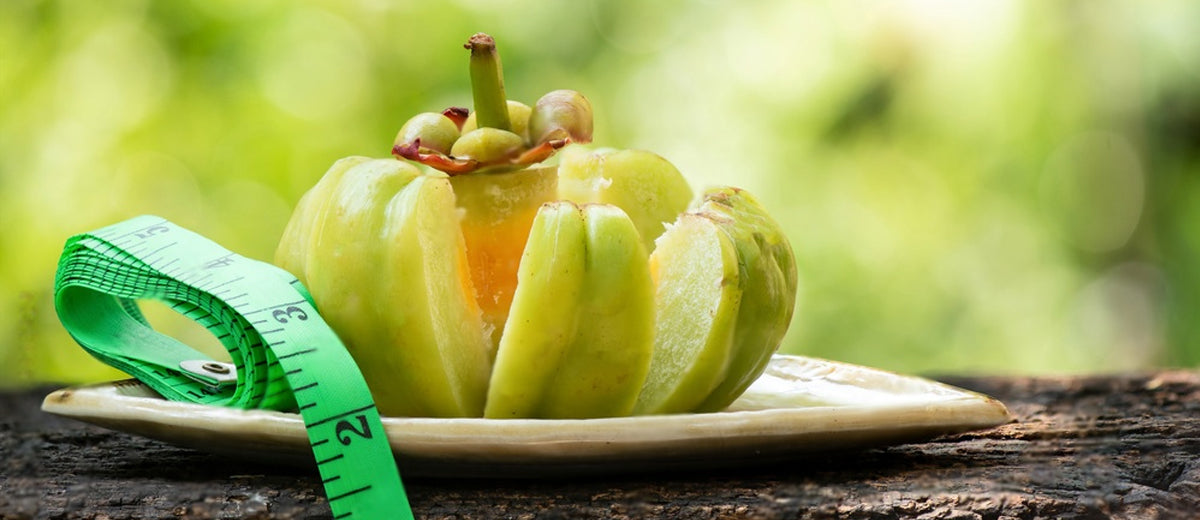Does Ashwagandha Increase Height?
Evidence Based
All the information in this blog post is accurate, trustworthy, scientifically based and has been written and fact-checked by our experts and doctors.
Our licensed nutritionists and dietitians are committed to being objective, unbiased and honest, presenting all sides of the argument.
This article includes scientific references in brackets, which are clickable links to research papers from reputable academic organizations.

Height is often a concern for many individuals, especially during adolescence when growth spurts are expected. In pursuit of gaining a few extra inches, people explore various remedies, from dietary supplements to specialised exercises.
One such remedy that has gained popularity in recent years is Ashwagandha, an ancient herb known for its purported health benefits. Among the claims surrounding Ashwagandha, one of the most persistent is its ability to increase height. We often receive the question from both men and women - "Does Ashwagandha increase height?" Read below to find the answer.
In this article, we'll delve into the science behind Ashwagandha and its benefits for height growth.
Overview of Ashwagandha:
Ashwagandha, scientifically known as Withania somnifera, is a medicinal herb native to India, the Middle East, and parts of Africa. Also referred to as "Indian ginseng" or "winter cherry," ashwagandha has been a staple in traditional Ayurvedic medicine for centuries due to its potent adaptogenic properties.
The roots and berries of the ashwagandha plant are primarily used for their therapeutic benefits. Ashwagandha is revered for its ability to help the body manage stress, improve height, enhance energy levels, boost immunity, and promote overall well-being. It contains active compounds such as withanolides, alkaloids, and steroidal lactones, which are believed to contribute to its medicinal properties.
Men can experience growth in their height until the age of 25, while the growth process for women is different. After getting their first period, girls typically grow 1-2 inches in the next year or two and most reach their adult height by 14-16 years old.
The height growth process is controlled by the pituitary gland, which produces the human growth hormone. This hormone enhances cartilage production between the long bones of both hands and legs, which is then converted into bone, leading to an increase in height.
Does Ashwagandha Increase Height?
Well, Ashwagandha has recently gained attention for its potential to enhance height. Although scientific studies are still evaluating the direct impact of Ashwagandha on height increase, recent research shows that this adaptogenic herb may support the factors that are conducive to height growth.
Let’s see the benefits of ashwagandha to increase height.
Benefits of Ashwagandha for Height Increase:
1. Stimulation of Growth Hormones:
Ashwagandha has been found to influence the secretion of growth hormones, including human growth hormone (HGH). This hormone plays an essential role in regulating growth processes in the body, including bone lengthening and cartilage development, which are necessary for growing taller.
2. Improved Bone Health:
Having healthy bones is one of the key factors that leads to a rise in height. It has been shown that ashwagandha strengthens bones by encouraging bone mineralization and density. Ashwagandha may indirectly boost growth potential by improving bone health, particularly during the critical growth phases in adolescence.
3. Promotion of Muscle Growth:
Alongside bone development, muscle growth also plays a significant role in height increase. Ashwagandha is known for its adaptogenic properties, which support muscle strength and endurance. By promoting muscle growth and development, Ashwagandha may help with overall height enhancement.
4. Improved Sleep Quality:
Adequate sleep is essential for optimal growth and development, including height increase. Ashwagandha has been shown to have calming effects on the nervous system, promoting relaxation and improving sleep quality. Ashwagandha has the potential to promote growth hormone release and height increase by promoting comfortable sleep.
5. Stress Reduction:
Chronic stress can negatively impact growth processes in the body, including height increase. Ashwagandha is renowned for its stress-reducing properties, helping to regulate cortisol levels and mitigate the effects of stress on the body. By promoting a state of relaxation and reducing stress-induced inhibition of growth processes, Ashwagandha may indirectly support height increase.
6. Balanced Nutrition:
Ashwagandha is a nutrient-rich herb, containing essential vitamins, minerals, and antioxidants that support overall health and well-being. By providing the body with the necessary nutrients for growth and development, Ashwagandha may complement a balanced diet and lifestyle that helps to improve height.
What are the Different Forms of Ashwagandha Available in the Market?
Ashwagandha is available in various forms such as churna, tablets, powder, and in gummies. Let’s see the effectiveness, consumption, and dosage of each form
1. Ashwagandha Churna:
Ashwagandha churna is a great option for anyone looking for quick absorption and effectiveness. This powdered form mixes easily with water, so it absorbs quickly into your system to provide faster results. It is advised to combine ashwagandha churna with a balanced food in your post-dinner routine if you want to fully benefit from it.
Consumption Method: Mix Ashwagandha churna with water for easy consumption.
Dosage: Take 1-2 spoons of Ashwagandha churna daily after dinner.
2. Ashwagandha Tablets:
Ideal for individuals on the go, Ashwagandha tablets offer a convenient solution without compromising efficacy. Simply swallow a tablet with lukewarm water or milk after meals to tap into the height-boosting properties of this ancient herb.
Consumption Method: Swallow Ashwagandha tablets with a glass of lukewarm water/ milk post-meals.
Dosage: Consume 1-2 tablets daily to maximize benefits.
3. Ashwagandha Powder:
For those who prefer powdered supplements, Ashwagandha powder presents a versatile option. Whether mixed with water this form can be seamlessly integrated into your daily routine to support height enhancement.
Consumption Method: Mix Ashwagandha powder with water for consumption.
Dosage: Take one tablespoon of Ashwagandha powder twice daily after meals.
4. Ashwagandha Gummies:
For an easy and comfortable way try these gummies which equally play an important role like the other forms(churna, tablets, and powder form). To avoid side effects do not exceed the suggested amount.
Consumption: Avoid consuming antacids, dairy products, tea, or coffee 2 hours before or after taking the gummies as they may reduce its effectiveness.
Dosage: Take one or two gummies. We suggest not to exceed not more than that.
Side Effects of Ashwagandha Tablets:
- Overdosing on Ashwagandha tablets can lead to gastrointestinal disturbances such as stomach upset, diarrhea, and vomiting.
- It is not safe to use ashwagandha tablets when you are pregnant or breastfeeding.
Conclusion:
Ashwagandha is a safe herbal supplement for height growth, but it should be taken in moderation to avoid side effects. Add ashwagandha to your routine, and enjoy its benefits.
Reference:
- Singh N, Bhalla M, de Jager P, Gilca M. An overview on ashwagandha: a Rasayana (rejuvenator) of Ayurveda. Afr J Tradit Complement Altern Med. 2011;8(5 Suppl):208-13. Doi: https://www.ncbi.nlm.nih.gov/pmc/articles/PMC3252722/
- Krutika Joshi, Swagata D Tavhare, Kalpesh Panara & Praveen Kumar, January 2016; Studies of Ashwagandha (Withania somnifera Dunal) -https://www.researchgate.net/publication/303343480_Studies_of_Ashwagandha_Withania_somnifera_Dunal
- Mishra LC, Singh BB, Dagenais S. Scientific basis for the therapeutic use of Withania somnifera (ashwagandha): a review. Altern Med Rev. 2000 Aug;5(4):334-46. PMID: 10956379 - https://pubmed.ncbi.nlm.nih.gov/10956379/
Also Read the Articles:
- Shilajit and Ashwagandha Benefits for Men's Health (Don't Ignore!)
- Top 16 Proven Health Benefits of Ashwagandha for Men (Don't Neglect!)
- How Masturbation Effects Kidney, Stomach, Bones and Back Pain?
| *** This Article is Written by Swetha Ramala. |
Disclaimer: The information provided on this page is not a substitute for professional medical advice, diagnosis, or treatment. If you have any questions or concerns about your health, please talk to a healthcare professional.

 Evidence Based
Evidence Based







Leave a comment